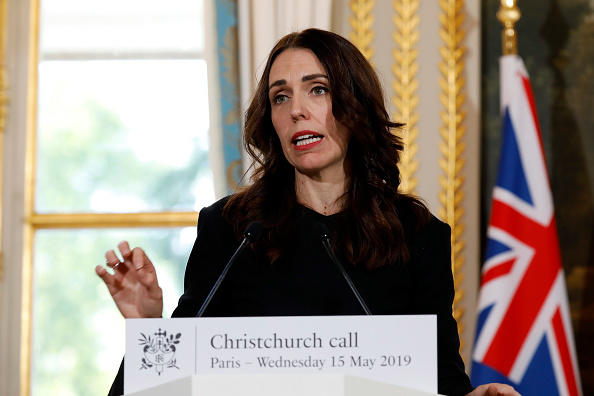During Friday prayers on March 15th, fifty Muslims were killed in two New Zealand masjids in Christchurch. The massacre by itself was horrifying, but made even more so by the realization that one of the shooters live streamed everything on Facebook. Videos of the shooting spread across social media before the death count was even confirmed.
As an attack, Christchurch noticeably revolved around social media. It was designed to go viral, with the shooter not only live streaming but uploading a 17-minute video to Facebook, Instagram, Twitter, and YouTube. But, perhaps most alarmingly, the shooter also released a manifesto in which he espoused white nationalist rhetoric. The shooter identified popular YouTubers as a source of inspiration.
Since the shooting, tech companies — including Facebook, Twitter, Google, and YouTube —have scrambled to remove videos of the Christchurch shooting, but some were still found lingering on platforms in May. On Sunday, following a day-long summit organized alongside French President Emmanuel Macron, New Zealand Prime Minister Jacinda Ardern announced a new commitment known as the “Christchurch Call”, to eliminate terrorist and violent extremist content online.
In her announcement, Ardern said, “The March 15 terrorist attacks saw social media used in an unprecedented way as a tool to promote an act of terrorism and hate…We all need to act, and that includes social media providers taking more responsibility for the content that is on their platforms, and taking action so that extremist content cannot be published or shared.”
Eighteen governments signed onto the Christchurch call, including Australia, Canada, France, the United Kingdom, and more, alongside tech companies like Facebook, Microsoft, Google. Noticeably, however, the United States declined to participate.
In a statement issued today, the White House said, “While the United States is not currently in a position to join the endorsement, we continue to support the overall goals reflected in the Call. We will continue to engage governments, industry, and civil society to counter terrorist content on the internet.”
Although disappointing, the United States’ declining to sign onto the Christchurch Call should not come as a surprise. The Christchurch Call was directly motivated by Islamophobic attacks, which should be blatantly called out as an extension of white supremacy. The anxieties that white nationalist cite around Muslims is echoed by the United States’ historical treatment of Muslims. Black Muslims were surveilled as early as 1929, with the FBI describing institutions like the Moorish Science Temple of America as a “very dangerous” and “fast moving colored movement”.
The United States’ historical interactions with Muslims show that the country is not equipped to tackle content online in a manner recognizing them as potential victims. Instead, the United States has utilized the internet as another way to surveil and control Muslims, along with communities of color.
In her analysis “Dangerous Networks: Internet Regulations as Racial Border Control in Italy”, Camilla Hawthorne, Associate Professor of Sociology at The University of California, Santa Cruz, broke down how governments use the internet as a weapon of surveillance:
“In the post 9/11 era, governments around the world have increasingly enrolled the Internet into their border control efforts through surveillance strategies that are folded into national security and antiterrorism programs that disproportionately target communities of color.”
This administration has been particularly vocal about its anti-Muslim and Islamophobic sentiments. Last month, President Donald Trump incited further attacks based in anti-Black Islamophobia against Rep. Ilhan Omar (D-MN) by tweeting a highly edited video of Omar discussing the establishment of the Council on American-Islamic Relations, a Muslim civil rights group, after 9/11.
As summarized by the Daily Beast, Omar can be heard saying, “CAIR was founded after 9/11 because they recognized that some people did something,” before cutting to footage of Ground Zero. The video itself read, “Some people did something? September 11, 2011. We remember.”
Trump himself wrote: “WE WILL NEVER FORGET!”
Omar’s words regarding CAIR had been misinterpreted and misquoted on Twitter before Trump chimed in. However, the President of the United States playing into fear mongering around a Black Muslim woman cannot be ignored.
The Christchurch Call has its weaknesses — including relying on language around “extremism” and “terror” that has been used to demonize Muslims, rather than simply calling white supremacy what it is. However, to condemn hate online, the United States’ current administration would have to condemn itself and its own leader. That is unlikely to happen anytime soon.

